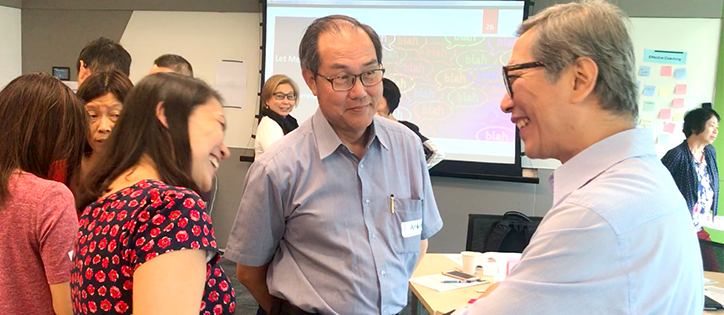WHAT THE RESEARCH SAYS

The Science of Happiness, developed through thousands of studies by Positive Psychology researchers, has helped to open our eyes to a plethora of exciting insights about the positive power of happiness in our lives.
Below are a few recently published studies, which help to highlight the wide-ranging influence of happiness over different areas of our lives.
1. HAPPINESS IS DRIVEN BY OUR CIRCUMSTANCES & ACTIVITY CHOICES
● Lyubomirsky, Sheldon, & Schkade (2005) reviewed past well-being literature in an attempt to decipher what governs happiness, and how people can work towards cultivating more happiness. They proposed there are three major factors: genetic determination, happiness-relevant circumstances (such as work and finances), and happiness-related activities. They found that genetic determination actually had little influence, and our circumstances and pursuit of happiness driven activities were more increment in increasing happiness.
2. MONEY REALLY CAN’T BUY HAPPINESS
● Proving that ‘money can’t buy you happiness’, researchers Rohrer, Richter, Brümmer, Wagner, & Schmukle, 2018 found that spending meaningful time with friends and family was more effective than any other method for increasing feelings of happiness.
3. A HAPPY HEART IS A HEALTHY HEART
● Several studies have linked happiness with improved heart health and a lower risk of heart disease by up to 26%. Even amongst individuals who had already been diagnosed with a heart condition, those who rated the happiest had the healthiest heart patterns amongst their peers with similar conditions (Bhattacharyya, Whitehead, Rakhit & Steptoe, 2008).

4. HAPPINESS IS NOT A GOAL BUT A WAY OF LIFE
● SMART goals have been advocated widely amongst those seeking to elevate their productivity, however, they might actually be counterproductive if your goal is to increase happiness. Rodas, Ahluwalia, & Olson (2018) found that pursuing vague happiness goals was more effective than setting specific ones.
5. A HAPPIER LIFE EQUALS A LONGER LIFE
● Research has found strong links between individuals who consistently report a higher sense of life satisfaction and their life expectancy. Happier individuals were more likely to live longer, compared with individuals in the same study who consistently reported a low sense of life satisfaction (Carstensen et al 2011).
The selection of studies above only begins to scratch the surface of what research has already discovered about the powerful influence of happiness in our lives, and how we might cultivate more of it.


If these insights have left you intrigued and wanting more, take a look at our Happy Red Dot Workshop. It’s about being happy. Singapore Happy.
This 3-hour workshop (online & face-to-face versions available) is based on credible research and the Science of Happiness. The workshop covers specific activities that
help increase happiness. You’ll use proven tools, techniques and resources. It’s a fantastic starting point for anyone wanting to explore happiness in more depth. Plus you’ll have loads of fun, and meet some amazing people. And it’s FREE to attend. Absolutely no strings attached. Find out more about the workshop, and signup!



